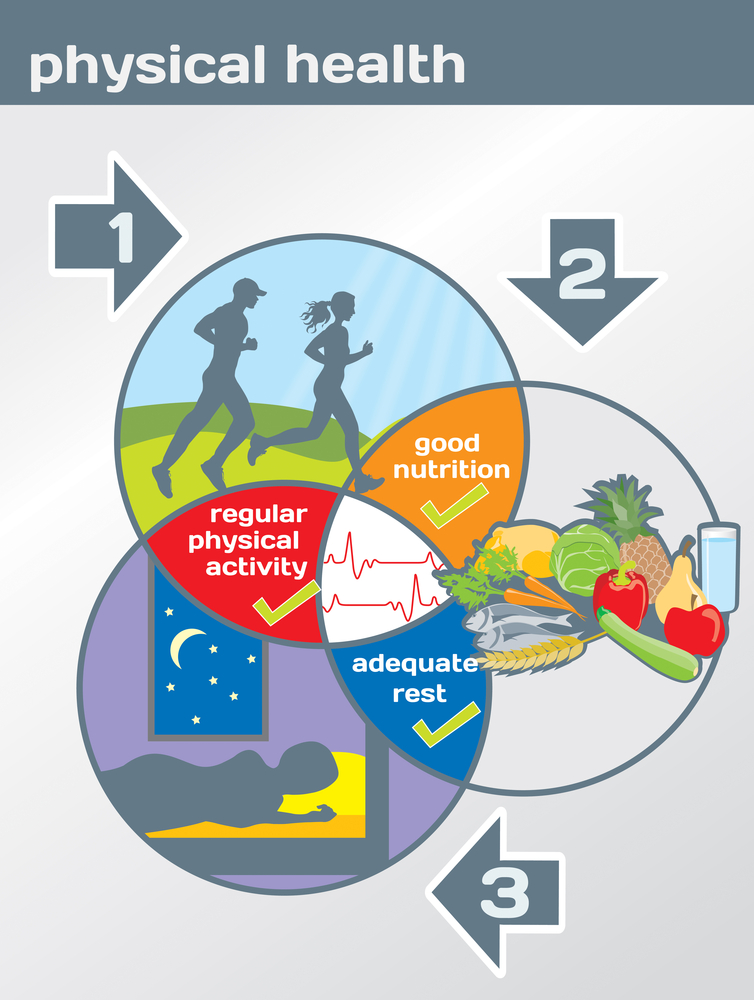The idea of working less to accomplish more is not a new one. A growing number of companies are adopting this approach to increase productivity and help employees maintain a healthy lifestyle. Studies have shown that increasing your work hours doesn’t necessarily result in productivity.
In the latest episode of the Team Building Saves the World podcast, we sat down with Alex Pang, consultant and founder of Strategy & Rest, to examine the advantages and drawbacks of a four-day workweek.
Pang says that the biggest impediments to the adoption of a four-day workweek are “not technological, but economic and business model-related.”
“Since I started tracking this several years ago, more companies in the last year have joined the four-day week movement than I think on earth.”
What Is a Four-Day Workweek?
A four-day workweek is a schedule that calls for employees to work four 10-hour days per week in place of the traditional five 8-hour days.
The concept of a four-day workweek has been around for decades, but it has recently gained popularity with companies like Google and Best Buy, who offer employees the chance to work fewer hours for the same salary.
Proponents of a four-day workweek claim that it increases employee satisfaction and productivity but also mitigates employee burnout.
Advantages of a Four-day Workweek
A four-day workweek would allow them time to pursue other interests and can increase their productivity at work. There are also measurable physical benefits to a shorter schedule.
Less Stress and More Energy
Working less is one way to reduce stress, which can lead to an increase in energy levels. This may sound counterintuitive, but it’s true.
Improved Health
Workers who don’t spend long hours at the office will have more time to exercise or get more sleep. When your employees are healthy, this could ultimately lead to better performance.
Improved Focus and Creativity
With less time spent at work, employees are able to pay more attention to details and focus on their job when they are on the clock. This also leaves them with more time for creative thinking and coming up with solutions to job-related problems.
One of the arguments against the four-day workweek was that it would make the company seem lazy. But according to Pang, the opposite is true.
“There was always a concern that you would kind of look lazy compared to the competition. But a four-day week now is not a sign that you are lazier. It’s a sign that you are better at this game than the competition,” says Pang.
Disadvantages of a Four-Day Workweek
Despite all the benefits, the idea of a four-day week still has its detractors. Many people think it’s just a pipe dream and that to get things done, you need to work long hours.
While this may be a mindset thing, there are some real issues to consider with a shorter workweek.
- Working longer hours means more stress on both employers and employees.
- More work-related pressure could lead to higher turnover rates.
- Increased costs for the company since more employees would need to be hired to cover the deceased working hours.
- Some positions require employees to be present on the job 24/7 which would make it impossible to implement a four-day workweek on a company-wide level.
- Some employees might have to put in the same amount of hours which would cost the company more in overtime pay.
Implementing a four-day workweek could also make the company less competitive since other companies will be going about their business during the typical 9 to 5. This limits the days they can connect with your company to do business.
According to Pang, the best way to go about implementing a four-day workweek is to just try out new things and make mistakes.
“Nobody knows everybody else’s job well enough to tell them how to do it in four days. You need to empower people to try new things, to make mistakes, to sort of experiment and iterate.”
Managing Time During a Four-day Workweek
The key is understanding the difference between urgent and important tasks.
Urgent tasks are those that must be completed today, before tomorrow. Urgent tasks include phone calls, emails, appointments, and any other responsibilities that must be taken care of as soon as possible.
Important tasks are those that contribute to your long-term success in the workplace. This includes planning for the future, brainstorming ideas, initiating new projects, and doing research.
To avoid confusion and complications, make sure deadlines and priority levels are clear for everyone involved on projects and tasks.
Another way to get the most out of a four-day workweek is to utilize automation as much as possible. For example, if you are in the business of digital marketing, prepare all email campaigns ahead of time and use email automation software to send out emails and track interactions.
To maintain maximum productivity during the four days your team is working, try to reduce the number of meetings your team is supposed to attend or make them shorter. This will help everyone stay focused on talking only about the tasks at hand.
The Four-Day Workweek in Practice
One company that has been highly successful in adopting the four-day workweek is The Wanderlust Group. After spontaneously deciding to “cancel Mondays,” the company witnessed the employer benefits of a four-day workweek.
In an interview with CNBC, the CEO at Wanderlust Group stated, “The company has seen a 136% year-over-year growth in gross merchandise volume processed in the second quarter and a 100% year-over-year increase in second-quarter reservations.”
Another example is the social media management platform, Buffer. Buffer adopted a four-day workweek in May 2020.
Since putting it into practice, Buffer’s CEO and co-founder, Joel Gascoigne, reports that “the extra day builds in reflection time that we often don’t make room for, where many of us solve problems.”
Gascoigne also added that purpose is critical. “We need to feel driven to do great work in the precious four days we have.”
Platform London launched a Four Day Workweek campaign to research the impacts a shorter workweek could have on society. They found that even barring the social and mental wellness advantages that come from a four-day workweek, the environment would benefit just as much.
The report stated, “shifting to a four-day workweek without loss of pay could shrink the UK’s carbon footprint by 127 million tonnes per year by 2025. This represents a reduction of 21.3%, and is more than the entire carbon footprint of Switzerland.”
As we are a society increasingly concerned about climate change, the four-day workweek seems to be the logical step in the right direction.
Conclusion
The success of a four-day workweek doesn’t just lie in the benefits that it provides to employees. It also lies in the way that it benefits employers. Can you imagine what a difference it would make if your employee retention increased substantially? Or if you benefited from higher employee satisfaction?
To learn more about the philosophy of a four-day workweek and how companies can benefit from it, be sure to listen to the entire Team Building Saves the World podcast with Alex Pang.














